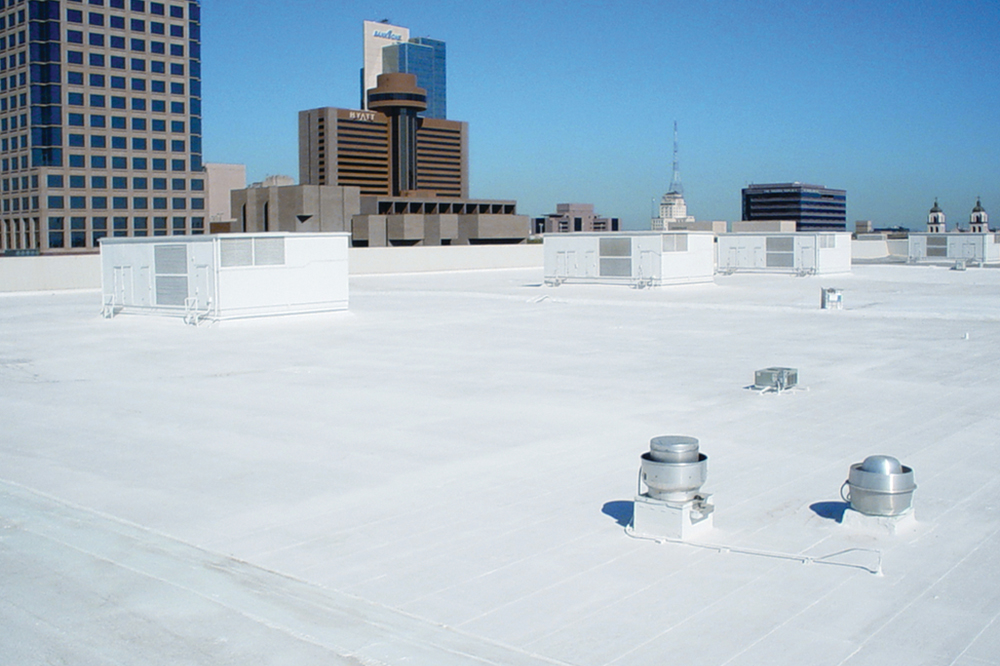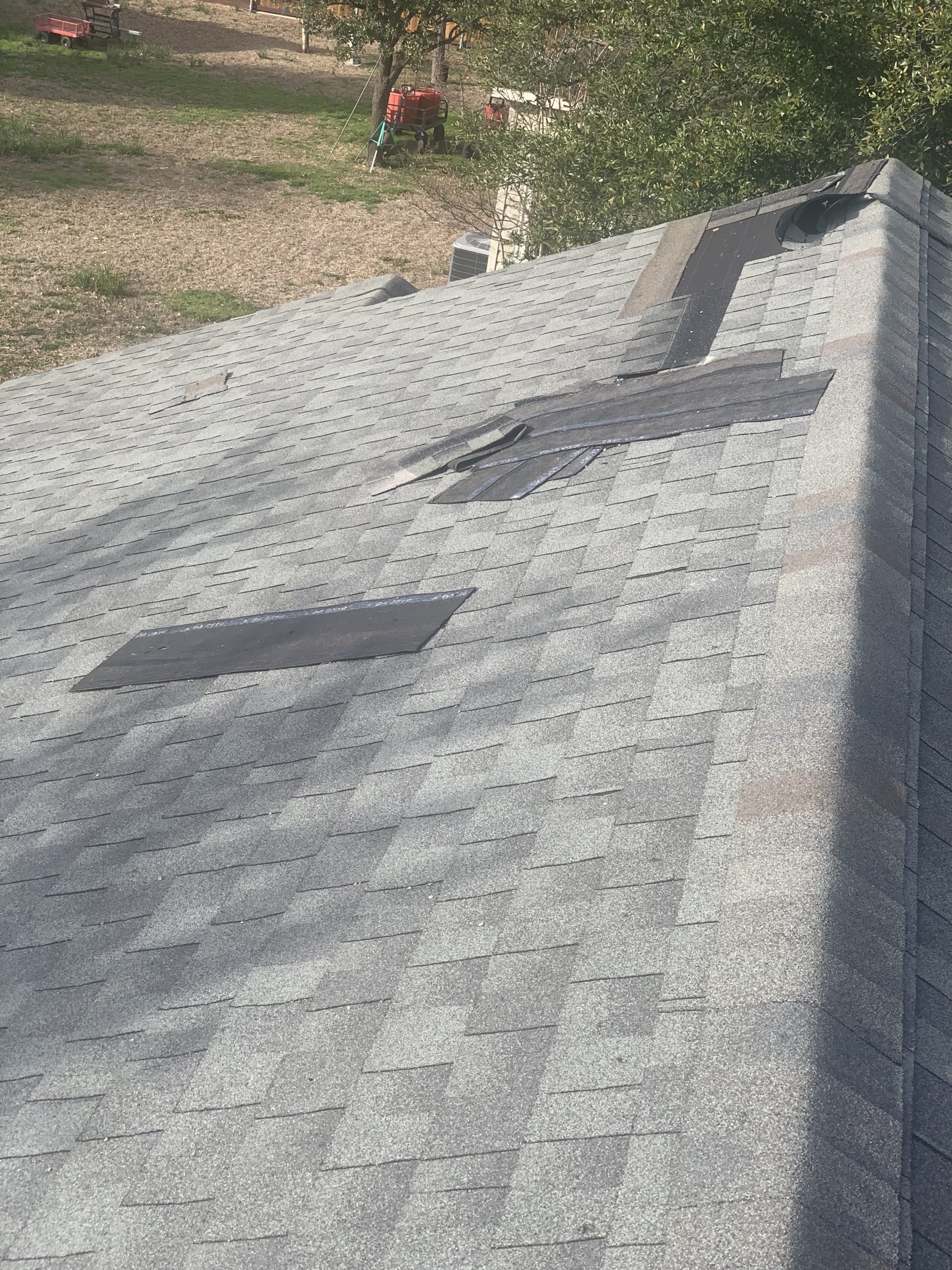
Choosing the Right Commercial Roofer: A Step-by-Step Guide
Introduction
When it comes to maintaining your commercial property, one of the most critical aspects is the roof. A well-functioning roof protects not only the building but also the assets within it. Choosing the right commercial roofer can be a daunting task, especially with so many options available in the market. This article aims to serve as a comprehensive guide on Choosing the Right Commercial Roofer: A Step-by-Step Guide, covering everything from understanding different roofing materials to evaluating contractors. Let’s dive in!
Understanding Commercial Roofing
What is Commercial Roofing?
Commercial roofing refers to roofing systems specifically designed for commercial buildings such as warehouses, office complexes, and retail spaces. Unlike residential roofing, which typically has sloped roofs and pitches, commercial roofs often feature flat or low-slope designs. Materials used in commercial roofing include TPO (thermoplastic olefin), EPDM (ethylene propylene diene monomer), metal, and built-up roofing systems.
The Importance of Quality Roofing
The roof acts as a barrier against environmental elements such as rain, wind, snow, and UV rays. If compromised, it can lead to significant damage inside your property—resulting in costly repairs due to water leaks or mold growth. Thus, investing in quality commercial roofing not only extends the life of your roof but also protects your business's financial health.
Types of Commercial Roofing Systems
TPO Roofing: An Overview
TPO roofing is a single-ply membrane that has gained popularity due to its energy efficiency and ease of installation. Made from thermoplastic polyolefin, this type of roofing reflects sunlight and reduces cooling costs during hot months.
Advantages of TPO Roofing
- Energy Efficiency: Reflects UV rays.
- Durability: Resistant to punctures.
- Cost-Effective: Generally less expensive than alternatives.
EPDM Roofing: What You Need to Know
EPDM is another popular single-ply membrane known for its durability and weather resistance. Commonly used for flat roofs, EPDM can last up to 50 years with proper maintenance.
Benefits of EPDM Roofing
- Longevity: Lasts longer than many other types.
- Low Maintenance: Requires minimal upkeep.
- Versatile Installation: Can be installed fully adhered or mechanically fastened.
Identifying Roof Problems
Signs You Need Roof Leak Repair
Knowing when your roof requires repair is crucial for maintaining its integrity. Look out for these signs:
- Stains on ceilings or walls
- Mold or mildew growth
- Missing shingles or membrane sections
- Increased energy bills
Flat Roof Repair Near Me: How To Find Local Experts
If you notice any issues with your flat roof, searching for "flat roof repair near me" can help you find qualified contractors quickly. Local experts will have experience dealing with specific climate challenges in your area.

Choosing the Right Commercial Roofer: A Step-by-Step Guide
Step 1: Evaluate Your Needs
Before starting your search for a commercial roofer, evaluate your needs:
- What type of roofing material do you want?
- Is it a new installation or repair?
- What is your budget?
Step 2: Research Local Contractors
Start by researching local contractors who specialize in commercial roofing:
Step 3: Verify Credentials
Once you have a shortlist of potential contractors:
- Ensure they are licensed and insured.
- Check their Better Business Bureau rating.
Why Credentials Matter
Having a licensed contractor ensures compliance with local building codes while insurance protects you from liability in case of accidents on-site.
Questions to Ask Potential Contractors
What Types of Roofing Systems Do You Specialize In?
It's essential to choose a contractor familiar with various types of roofs like TPO and EPDM since these materials require specific installation techniques.
Can You Provide References?
A reputable contractor should have no problem providing references from previous clients who can vouch for their work quality.
Evaluating Quotes and Contracts
Understanding Cost Estimates
When getting quotes from different commercial roofers:
Reading Contracts Carefully
Before signing anything:

- Make sure all discussed terms are included.
- Understand warranty information regarding both labor and materials.
Commercial Roof Maintenance Tips
Routine Inspections
Regular inspections can catch problems before they escalate into costly repairs. Schedule inspections bi-annually—preferably in spring and fall—to check for wear and tear.
Cleaning Gutters Regularly
Clogged gutters can lead to water pooling on your roof—a recipe for disaster! Regular cleaning helps divert water away correctly.
Finding Commercial Roofers Near Me
Online Resources
Utilize platforms like Yelp or Google Maps by searching "commercial roofers near me." These platforms offer reviews and ratings that can guide you toward trustworthy contractors.
Networking
Word-of-mouth remains invaluable—don’t hesitate to ask fellow business owners about their experiences with local contractors!
FAQs

- Look for credentials, experience with specific roofing systems like TPO or EPDM, and positive customer reviews.
- Bi-annually is recommended—once in spring and once in fall—to catch potential issues early on.
- Look out for leaks inside your building, visible damage on the exterior, increased energy bills, or mold growth indoors.
- Depending on material choice, expect anywhere from 20 years (for some single-ply membranes) up to 50 years (for high-quality materials).
- Absolutely! Routine maintenance significantly extends the lifespan of your roof while minimizing costly emergency repairs down the road.
- While some basic tasks like gutter cleaning can be DIY projects, major inspections should always be conducted by professionals familiar with safety regulations.
Conclusion
Choosing the right commercial roofer doesn't have to be an overwhelming task if you approach it methodically—just remember our guide! From understanding various types of roofing systems like TPO and EPDM to knowing how often you need maintenance checks performed; each step contributes significantly towards finding reliable contractors who will ensure lasting protection over time.
By taking the time upfront to research thoroughly—and asking all necessary questions—you'll set yourself up for success when selecting among numerous options available today! So go ahead; take charge of this crucial aspect of building ownership!